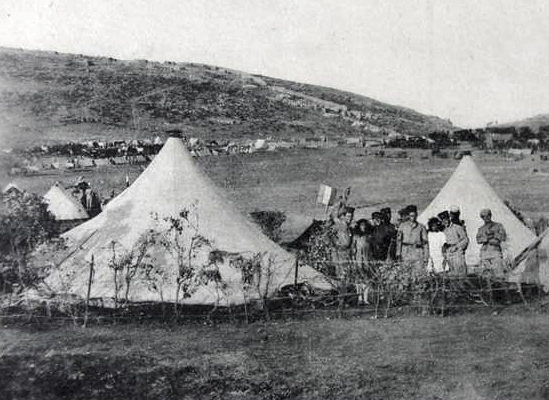chankljp
Donor
I know that this is not strictly speaking 'alternate history', but thought that this will be the best place to have this discussion....
As a military strategy, strategic/terror bombing is when one side deliberately targeting civilians and economic infrastructure, often even those without direct military value, with the end goal of breaking the population's morale at the home-front, so that the people will turn against their own government, and create the political pressure forcing the enemy state to sue for peace at all cost, and bring the conflict to a rapid conclusion.
Recently, I have been hearing a lot of people making the argument that this simply does not work. Citing examples such as the Blitz against the UK during WW2, the firebombing of Japanese cities in Pacific Theater, Operation Rolling Thunder during the Vietnam War, etc, etc, showing that far from pressuring their governments int surrendering or suing for peace, it simply result in hardening the population's resolve in a 'rally round the flag' effect.
When I hear this, however, one counter example came to find right away: The 2004 Madrid train bombings carried out by Al-Qaeda, which was widely seen retaliation against the Spanish government's participation in the US' invasion of Iraq. And far from causing a 'rally around the flag' moment, it did succeeded in Al-Qaeda's geopolitical goal of pressuring Spain into withdrawing from Iraq by causing about 1 million voters switched their vote to an anti-war party in the next election.
Obviously, a terrorists bombing that killed less then 200 people cannot be compared to the Blitz or the firebombing of Tokyo. And the Spanish involvement in Iraq cannot be compared to WW2.... But it does seem to challenge the 'pragmatic' against strategic/terror bombing of 'killing innocent civilians will never break their morale, or make them turn against their own government and sue for peace'. Instead, the case seems to be that 'deliberately killing innocent civilians CAN make them turn against their own government and help you achieve your geopolitical goals.... But only if the war was never popular to start with, and population was convinced they their homeland was never in any actual danger until now'.
I am of course not justifying strategic/terror bombing, terrorists attacks, or the killing of innocent civilians. But I just wanted to discuss the truism of 'You cannot bomb a people into submission' that seems to be accepted everywhere. Thoughts?
As a military strategy, strategic/terror bombing is when one side deliberately targeting civilians and economic infrastructure, often even those without direct military value, with the end goal of breaking the population's morale at the home-front, so that the people will turn against their own government, and create the political pressure forcing the enemy state to sue for peace at all cost, and bring the conflict to a rapid conclusion.
Recently, I have been hearing a lot of people making the argument that this simply does not work. Citing examples such as the Blitz against the UK during WW2, the firebombing of Japanese cities in Pacific Theater, Operation Rolling Thunder during the Vietnam War, etc, etc, showing that far from pressuring their governments int surrendering or suing for peace, it simply result in hardening the population's resolve in a 'rally round the flag' effect.
When I hear this, however, one counter example came to find right away: The 2004 Madrid train bombings carried out by Al-Qaeda, which was widely seen retaliation against the Spanish government's participation in the US' invasion of Iraq. And far from causing a 'rally around the flag' moment, it did succeeded in Al-Qaeda's geopolitical goal of pressuring Spain into withdrawing from Iraq by causing about 1 million voters switched their vote to an anti-war party in the next election.
Obviously, a terrorists bombing that killed less then 200 people cannot be compared to the Blitz or the firebombing of Tokyo. And the Spanish involvement in Iraq cannot be compared to WW2.... But it does seem to challenge the 'pragmatic' against strategic/terror bombing of 'killing innocent civilians will never break their morale, or make them turn against their own government and sue for peace'. Instead, the case seems to be that 'deliberately killing innocent civilians CAN make them turn against their own government and help you achieve your geopolitical goals.... But only if the war was never popular to start with, and population was convinced they their homeland was never in any actual danger until now'.
I am of course not justifying strategic/terror bombing, terrorists attacks, or the killing of innocent civilians. But I just wanted to discuss the truism of 'You cannot bomb a people into submission' that seems to be accepted everywhere. Thoughts?
